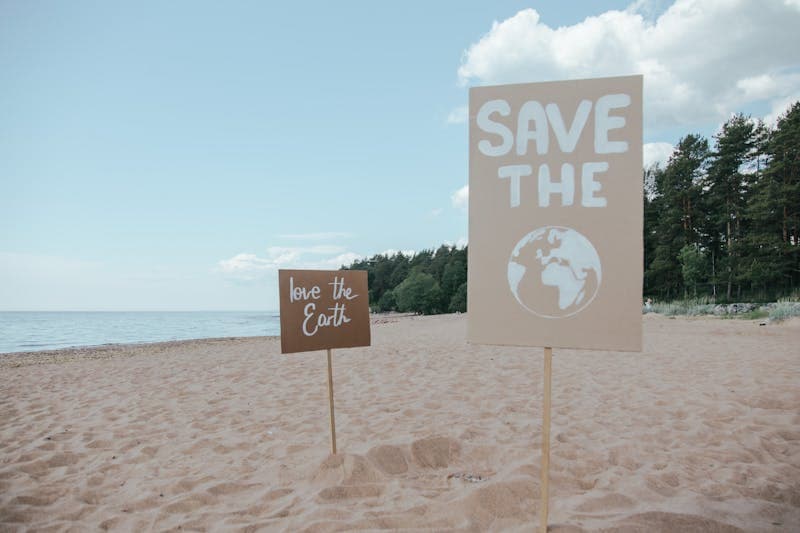Plastic contamination has emerged as a critical environmental crisis, significantly disrupting marine ecosystems. Each year, enormous quantities of plastic debris are deposited into our oceans, endangering countless marine species. This influx of waste creates multifaceted problems, ranging from physical harm to toxic exposure, which necessitate immediate and inventive remedies. The pervasive nature of plastic pollution means it affects a wide array of organisms, from the smallest plankton to the largest whales, disrupting food chains and habitats. Addressing this issue requires comprehensive and coordinated efforts from governments, industries, and communities to develop sustainable practices and effective waste management strategies.
Current Challenges
1. Ingestion and Entanglement
Marine animals often mistake plastic debris for food, leading to ingestion that can cause blockages in their digestive systems, malnutrition, and even death. Birds, fish, turtles, and whales are among the species most affected by this issue. Additionally, many creatures become entangled in discarded fishing gear and other plastic waste, which can result in injury, drowning, or impaired mobility.
2. Habitat Disruption
Plastic pollution disrupts the natural habitats of many marine organisms. Coral reefs, which are already under threat from climate change and ocean acidification, suffer additional stress from plastic debris. The presence of plastics can hinder the growth and reproduction of coral, exacerbating the decline of these vital ecosystems.
3. Toxic Chemical Release
As plastics break down in the ocean, they release harmful chemicals that can accumulate in the bodies of marine organisms. These toxic substances can then move up the food chain, ultimately impacting human health. The long-term effects of these chemicals on marine life and ecosystems are still not fully understood, making this a critical area of ongoing research.
Whether addressing environmental issues or exploring leisure activities, such as those highlighted by Legjobbkaszino, it is clear that responsible and informed choices can make a significant difference. Similarly, if you ever find yourself in Hungary, a visit to a Budapest casino might offer an intriguing glimpse into local entertainment while also reminding us of the importance of maintaining a clean and healthy environment for all.
Future Solutions
1. Reducing Plastic Production and Consumption
One of the most effective ways to tackle plastic pollution is to reduce the amount of plastic produced and consumed. Governments, businesses, and individuals must work together to promote sustainable alternatives and implement stricter regulations on plastic use. Innovations in biodegradable materials and more robust recycling programs are essential components of this strategy.
2. Enhancing Waste Management Systems
Improving waste management infrastructure is crucial to preventing plastics from reaching the ocean. This includes better collection, sorting, and recycling processes, as well as reducing illegal dumping. Communities worldwide need to adopt comprehensive waste management practices to ensure that plastics are properly disposed of and do not enter marine environments.
3. Promoting International Collaboration
The problem of plastic contamination transcends national borders, necessitating a concerted global response. Nations around the world must unite to formulate and implement binding treaties and agreements designed to curtail the generation and improper disposal of plastic materials. By pooling their expertise, financial resources, and technological advancements, countries can bolster collective efforts to safeguard marine ecosystems from the severe repercussions of plastic waste. Collaborative initiatives can include standardized regulations, joint research projects, and coordinated cleanup campaigns, all aimed at mitigating the environmental damage caused by plastics. Through such international partnerships, the global community can more effectively address the challenges of plastic pollution, ensuring a healthier and more sustainable future for marine life and human populations alike.
1. Raising Public Awareness

Informing people about the hazards associated with plastic contamination and promoting eco-friendly behaviors is crucial for combating this issue. Public education campaigns and initiatives are essential to showcase the detrimental effects of plastic waste on marine organisms and ecosystems. By illustrating the severe consequences, such as ingestion by marine animals or habitat destruction, these efforts can motivate individuals to adopt sustainable habits. For instance, choosing products that can be reused instead of disposable plastics can greatly decrease the volume of waste produced. Additionally, these awareness programs can involve community engagement activities like beach cleanups, workshops, and school programs that educate future generations. Empowering individuals with knowledge and practical actions fosters a collective responsibility toward reducing plastic pollution and protecting our oceans.
Conclusion
The fight against plastic pollution is a challenging but necessary endeavor to protect our oceans and the diverse species that inhabit them. By implementing a combination of reduction, improved waste management, international collaboration, and public education, we can work towards a future where marine life thrives free from the dangers of plastic waste.